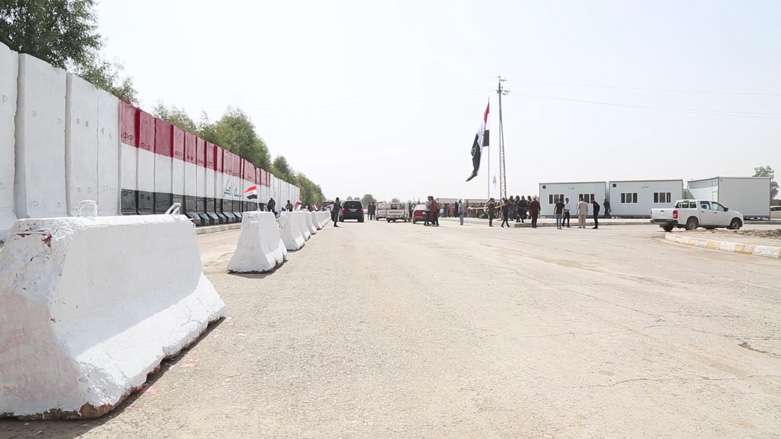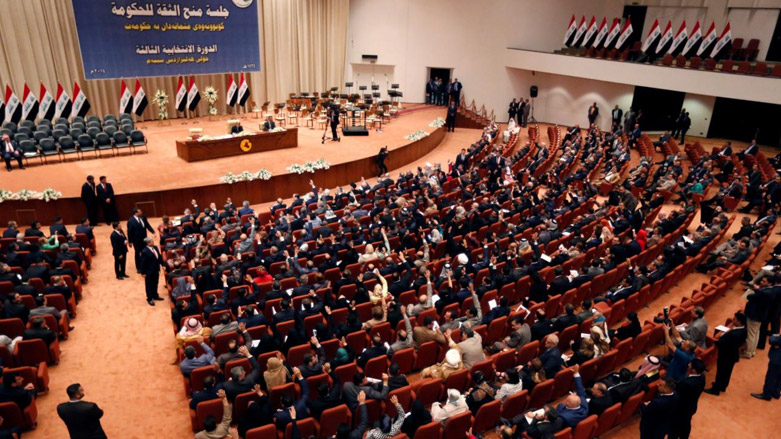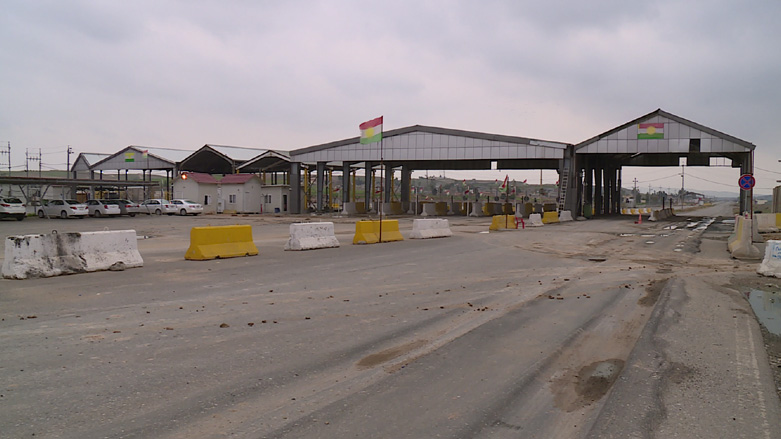Baghdad suspends work at customs points with Kurdistan Region

ERBIL (Kurdistan 24) – The Iraqi federal government has withdrawn all employees from customs checkpoints established in recent months between the Kurdistan Region and the provinces of Kirkuk and Nineveh that many had called "illegal."
In September, Baghdad unilaterally installed a checkpoint supervised by the Iraqi Federal Police on the road linking the provinces of Kirkuk and Erbil where customs agents collected fees from those driving trucks with merchandise from, or passing through, the Kurdistan Region to the rest of Iraq.
Another similar site was set up on the road linking Sulaimani and Kirkuk and a third on the Duhok – Mosul road.
Locals from Kirkuk and traders going into and out of the city sharply opposed the centers as they said the duties imposed constituted not only an arbitrary and unfair practice toward those legally transporting goods, but necessarily resulted in higher prices for consumers.
Two months after their establishment, following mounting controversy, the Iraqi parliament voted in favor of removing the stations. Earlier, a Kurdish official revealed that the Kurdistan Regional Government (KRG) and the federal government of Iraq had inked a 28-point agreement to address the "illegal" customs checkpoints.
On Tuesday, the General Customs Authority of the Ministry of Finance issued a letter to the customs point known as Faida in Nineveh, and both Shirawa and Laillan points in Kirkuk, instructing that work be suspended at all three sites.
The letter, signed by the director of Customs Points of the Northern Region, Maher Hamad Mujizab, specified that the decision came on the basis of a telephone conversation held the day before with the department’s Director of Legal Affairs and Customs Affairs.
These developments come after improved relations between Erbil and Baghdad, which spiraled to their lowest point in years after the Kurdistan Region’s independence referendum in September 2017 and the subsequent military takeover of areas disputed between the two administrations.
Editing by John J. Catherine


